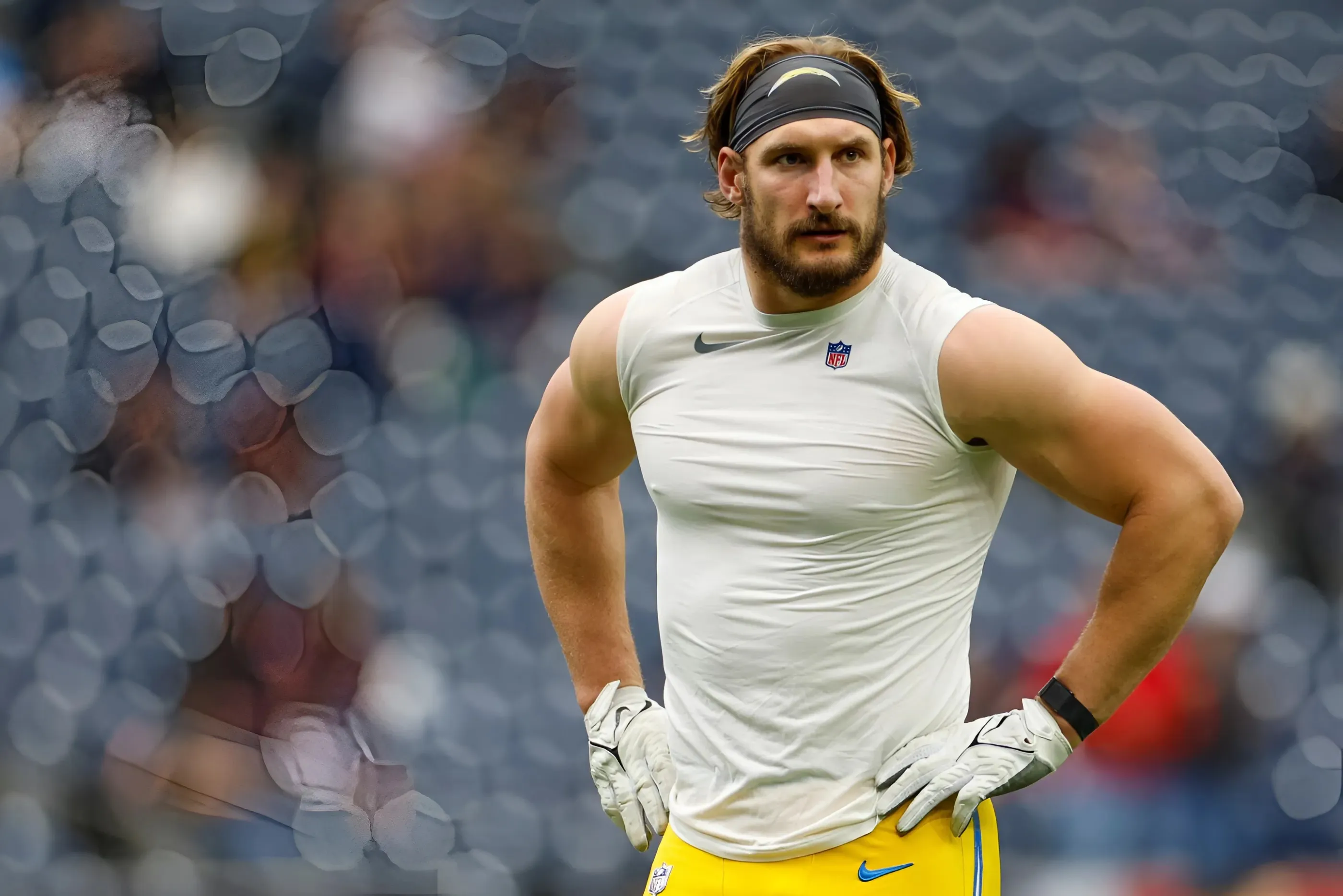Congratulations go out this week to the Vancouver Canucks for making it through the 2024-25 season without completely imploding. The bar was high to start, it lowered a little more with each game, and they made it to the end. That much is true.
This season was no hero’s journey. There was no Lord of the Rings or Star Wars moment of triumphant victory that made the suffering of the protagonists worth the struggle. If this season was a beloved piece of fantasy-science fiction media, it ended like Game of Thrones – with disappointment, and confusion about how the end product could be so different from the expected quality.
If you’ve been reading the inaugural season of this 3 Canucks Stars column, thank you. There have been many weeks where the “Stars” of the team were not so apparent, when it seemed as if things were about to truly fall apart at the seams. It is not easy to be tasked with looking on the bright side, but someone has to. All things considered – injuries up and down the roster, inescapable drama within and outside of the locker room, a rotating cast of characters – the fact that the Canucks were even considering a run for a Wild Card spot is commendable. The truth of the matter is that the Vancouver Canucks were expected to be a contending team this year, and they ultimately were not. They still came closer than any other team would have when faced with the same adversity, and that counts for something, even if it is an empty victory.
The ever-present refrain of the Canucks fan is also, perhaps, the ever-present refrain of all sports fans in perpetuity: “Next year will be better.” Take that sentiment, hold onto it, and don’t let it go. There is no saviour of the franchise coming to save them from themselves. He’s already on the roster.
Quinn Hughes
Quinn Hughes is the best defenceman in the National Hockey League, regardless of whether he repeats his Norris Trophy win from last year. This should not be a controversial statement. There are excellent players, and then there are generational players – truly generational talents, since that word is overused, redefine their respective positions and sports for the rest of time. The role and look of an offensive defenceman look different in today’s day and age, but even the term ‘offensive defenceman’ feels wrong when applied to a player who never shirks the most traditional aspects of a defenceman’s role. It is special to watch him play, even with the dark cloud hung low over this year’s Canucks season and the dark cloud that looks like is hung over him at all times (it’s fine, he just looks like that). You can probably recognize Quinn Hughes from his skating alone. His edgework is visible from space at this point.
With an overtime point against the San Jose Sharks, Quinn Hughes officially earned the title for the most points by a defenceman in Canucks franchise history, with 409. Alex Edler previously held this title, and he achieved it in 925 games. Quinn Hughes did in just 432 – less than half. It’s hard to replace Alex Edler on any lists or in the hearts of Canucks fans, but Captain Quinn is known for breaking barriers.
With his 409th point, Hughes also became the fourth defenceman in history to have four consecutive 60-assist seasons. He’s in great company alongside Paul Coffey, Bobby Orr, and Ray Bourque, not to mention Coffey and Bourque last played in the NHL the season I was born, 2001. To provide context rather than just listing his recent achievements, Hughes is still just 25, and by any hockey career standards would just be entering his prime now. If Quinn Hughes hasn’t already reached his prime, then there may be hope yet for the future of both the Canucks and for hockey at large.
Jake DeBrusk
In his final three games of the season, Jake DeBrusk set a career-high of 28 goals. One of these was the electrifying overtime winner against the San Jose Sharks, which sealed a 1-1 tied game for a 2-1 win. Is it a little depressing to be excited about an overtime win against the “32nd-place team in the league” Sharks? Perhaps. But I digress.
Is it possible that DeBrusk can hit the big 3-0 before he himself turns 30? At 28, his ceiling as a 25-per-season goalscorer in his prime seems to be locked in. The promise of repeating a career year is never guaranteed, but it’s not outside the realm of possibility. One can only imagine what he might be able to do with a winning Canucks season, if he was able to set a new personal standard amongst a truly subpar year. DeBrusk has only burned one year off of his 7-year, $5.5 million AAV contract, and he delivered on it this season. DeBrusk’s performance is exactly as was described on the tin – a scoring winger who can run as cold as he does hot. This was not a secret at the time of his signing. He may not be consistent, but the Canucks undoubtedly benefitted from his hot streaks.
Linus Karlsson
Karlsson had his final taste of NHL hockey for the season before entering the Calder Cup playoffs with Abbotsford, and he used it wisely.
For a team that’s allegedly been afraid to go to the net to get the job done, Karlsson showed no such fear here.
The 25-year-old forward was called up to the Vancouver squad for the final weeks of the year, putting up fourth-line minutes respectably on a team with dwindling hope. After three seasons in North America in the AHL, he might be looking at more frequent jumps to the parent club if he can maintain the offensive output and reliability on the bottom six he displayed with little ice time. With a goal and an assist in the final week of the season, this might have been enough to give fans a lasting impression into the summer.
The Honourable Mention
Brock Boeser
He was going to come up either way.
This week, Boeser played what is more than likely his final game as a Vancouver Canuck, after he and the team failed to come to an agreement on a contract extension for months. This was not surprising – a welcome development for some fans, and quite unwelcome for others. Boeser always conducted himself with honour and integrity, through some truly awful times both personally and with the team.
Whether you agree that it is time for Brock Boeser to part ways with Vancouver or not, his time as a Canuck has been meaningful. The meaning behind the likely send-off of the team’s current longest-tenured player is not lost on me. He’s the last skater to have shared the ice with Daniel and Henrik Sedin as active players. He’s played for four coaches and lived to tell the tale of the Jim Benning era. Often, it’s hard to say if turning the page to the next chapter of a franchise is wise without the power of hindsight. Regardless of what happens next, he will be missed by those who first watched him take the stage at the draft and don the Orca sweater, ten years ago this year.



